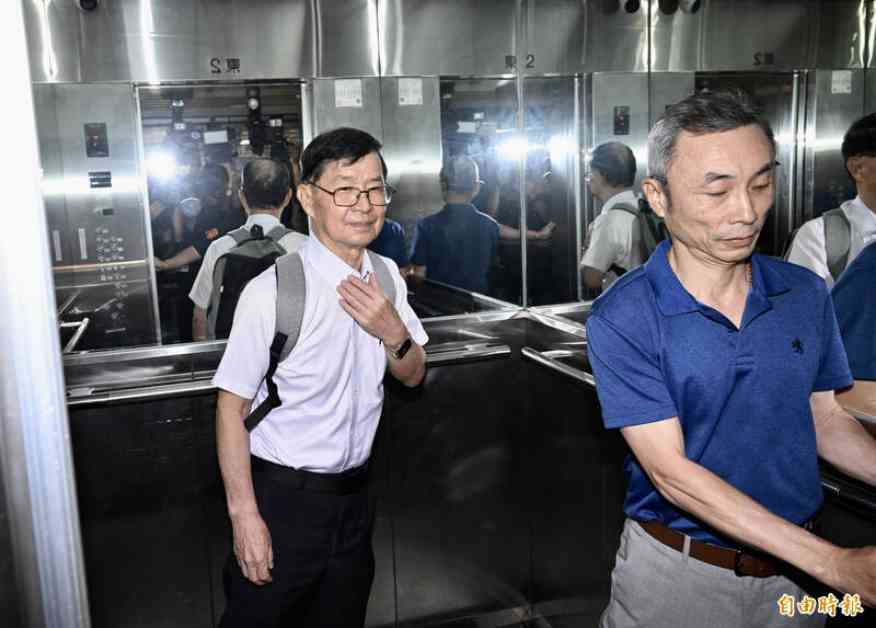Unraveling the Jinghua City Case: Insight from Peng Zhen-sheng
The ongoing investigation into the Jinghua City case involving allegations of favoritism by former Taipei Mayor Ko Wen-je took an intriguing turn as former Taipei City Deputy Mayor Peng Zhen-sheng shed light on crucial aspects during his appearance at the Taipei City Council’s special investigation panel meeting.
Peng’s testimony lasted approximately three hours, where he addressed the formation of a special task force by the city government to assist with the deliberations on Jinghua City’s volume incentives. While Peng acknowledged that the directive came from Mayor Ko Wen-je during a lunch meeting, he clarified that he refrained from signing off on certain key documents due to his reservations about the application of the urban renewal regulations. Instead, he opted to present the documents to Mayor Ko Wen-je for final approval.
Key Revelations and Controversies
Following the meeting, DPP Councilor Hsu Shu-hua highlighted the significant progress made during the interview with Peng Zhen-sheng. Hsu noted that Peng’s reluctance to sign certain documents hinted at Mayor Ko Wen-je’s involvement in the decision-making process, suggesting a directive from the Mayor himself.
Hsu further emphasized that Peng’s background as a civil servant made him cautious about the wording of official documents, particularly distinguishing between “applying” and “utilizing” urban renewal regulations. This distinction was deemed crucial in legal terms, prompting Peng to seek Mayor Ko’s approval for further proceedings. The implication of Mayor Ko’s influence in the case was evident through subsequent expert consultations and academic conferences.
Challenges and Evasive Responses
While Peng Zhen-sheng’s testimony provided valuable insights, Councilor Hsu Shu-hua highlighted instances where Peng seemed evasive and hesitant to disclose certain details during the meeting. His responses appeared contradictory at times, leading to speculation and a sense of ambiguity regarding his role in the Jinghua City case.
The role of the committee’s conveners emerged as a pivotal aspect in the investigation, signifying a potential breakthrough in unraveling the complexities surrounding the case. Despite the intense scrutiny and persistent questioning from council members, Peng Zhen-sheng refrained from confirming whether he would transition into a pivotal witness in the ongoing judicial inquiry.
Implications and Future Steps
The revelations from Peng Zhen-sheng’s testimony have added layers of complexity to the Jinghua City case, raising questions about the extent of Mayor Ko Wen-je’s involvement and influence in the decision-making process. The distinction between official directives and personal reservations highlighted by Peng underscores the intricate dynamics at play within Taipei’s political landscape.
As the investigation progresses, the focus is likely to shift towards uncovering further evidence and testimonies to establish a comprehensive understanding of the case. The implications of Peng Zhen-sheng’s revelations may pave the way for a more in-depth examination of the Jinghua City affair, shedding light on the intricacies of governance and accountability within the city administration.
In conclusion, Peng Zhen-sheng’s testimony serves as a crucial piece in the puzzle of the Jinghua City case, offering valuable insights into the decision-making processes and the underlying motivations behind the controversial volume incentives. The ongoing investigation is poised to unravel more layers of complexity, providing a holistic view of the case and potentially reshaping the political landscape in Taipei.












